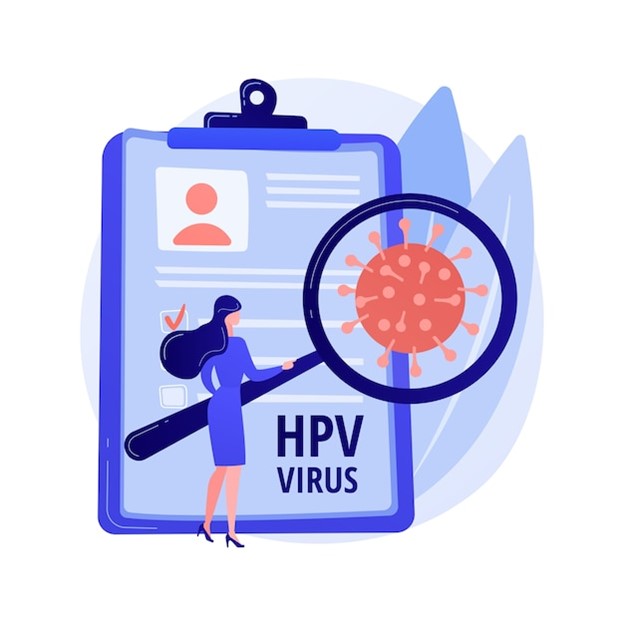Human Papillomavirus (HPV) is one of the most common sexually transmitted infections (STIs) worldwide, including South Africa. It is estimated that at least 80% of sexually active individuals will acquire HPV at some point in their lives. Understanding HPV, its risks, and prevention strategies is crucial for promoting sexual health and reducing the burden of HPV-related diseases. Here’s a guide to understanding and preventing HPV infections in South Africa:
What is HPV?
HPV is a group of viruses that can infect the skin and mucous membranes. There are over 100 types of HPV, and while most infections are harmless and go away on their own, certain high-risk types can lead to various cancers, including cervical, anal, penile, vaginal, vulvar, and throat cancers.
How is HPV Transmitted?
HPV is primarily transmitted through sexual contact, including vaginal, anal, and oral sex. It can also be spread through skin-to-skin contact in the genital area, even without penetration. HPV infections are common, and individuals can contract the virus from multiple sexual partners or from a single partner.
Recognizing HPV-Related Diseases:
In many cases, HPV infections do not cause any symptoms and go unnoticed. However, certain signs and symptoms may indicate HPV-related diseases:
- Cervical Cancer: Symptoms may include abnormal vaginal bleeding, pelvic pain, or unusual vaginal discharge. Regular cervical cancer screenings, such as Pap smears or HPV tests, are essential for early detection.
- Genital Warts: HPV can cause genital warts, which are small, flesh-colored growths or bumps in the genital area. Genital warts may appear individually or in clusters and can be itchy or uncomfortable.
Preventing HPV Infections:
- Vaccination: Vaccination is a crucial preventive measure against HPV infections. The HPV vaccine is safe and effective in preventing infections from the most common high-risk HPV types that cause cervical, anal, and other HPV-related cancers. In South Africa, the HPV vaccine is recommended for both males and females between the ages of 9 and 26.
- Safe Sexual Practices: Practicing safe sex can reduce the risk of HPV transmission. Using condoms consistently and correctly during sexual activity can provide some protection against HPV. However, since HPV can infect areas not covered by condoms, they do not provide complete protection.
- Regular Screening: Regular cervical cancer screenings, such as Pap smears or HPV tests, are crucial for early detection of abnormal cell changes in the cervix. These screenings help identify precancerous conditions, allowing for prompt treatment and preventing the progression to cervical cancer.
- Open Communication and Mutual Monogamy: Open communication about sexual history and risks with sexual partners is essential. Engaging in mutually monogamous relationships, where both partners are committed to each other and have been tested for STIs, can reduce the risk of HPV transmission.
- Health Promotion and Education: Promoting awareness and education about HPV and its risks is crucial for prevention. Healthcare providers, schools, community organizations, and media should provide accurate information about HPV, its modes of transmission, prevention strategies, and the importance of vaccination.
- Regular Health Check-ups: Regular visits to healthcare providers for comprehensive check-ups, including gynecological examinations for women and anal examinations for men who have sex with men, can help detect any signs of HPV-related diseases or abnormalities.
By understanding HPV, its transmission, and prevention strategies, individuals in South Africa can take proactive steps to protect themselves and their partners from HPV infections. Vaccination, safe sexual practices, regular screenings, open communication, and health promotion are key in reducing the burden of HPV-related diseases and promoting sexual health and well-being.










